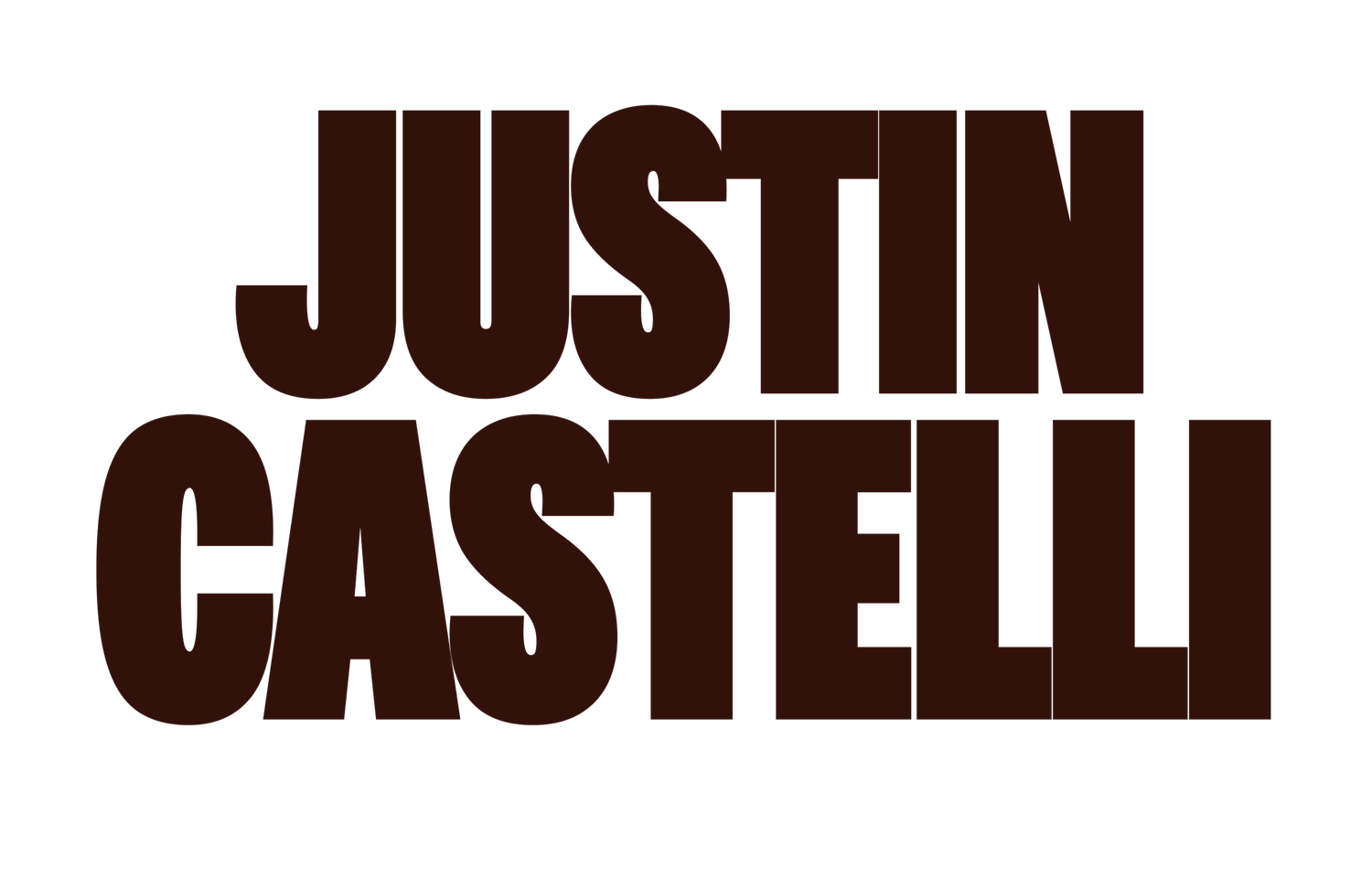Your Most Powerful Tool: Your Breath
When breath is unsteady, all is unsteady; when the breath is still, all is still. Control the breath carefully. Inhalation gives strength and a controlled body; retention gives steadiness of mind and longevity; exhalation purifies body and spirit.”
- Goraksasatakam
At the end of every session of hot yoga, we end with a breathing exercise called Kapalbhati Pranayama. We sit on our knees with our butts resting on our feet, hands straight down on our knees, back straight, and chest out; after one final inhale followed by a deep exhale, we go into the breathing exercise where the focus of the breath is exclusively on the exhale through the belly—it’s a deep exhale designed to flush out all of the stale hot air we inhaled during class.
I remember at the end of my first class, the instructor told us to focus on the exhale and that the inhale would happen naturally. She went on to explain some of the health benefits of the technique, which at that time I hadn’t discovered that our breath not only provides the oxygen we and discards the carbon dioxide we don’t—to be honest, I’d never thought twice about how I breathe, so I was interested in seeing how it would work.
After my first few exhales, I noticed that although I wasn’t thinking about or noticing any inhales, I wasn’t short of breath. I was focusing all of my attention on the exhale and trying to remove all of the stale oxygen, and my body was taking care of me, making sure that I was getting enough fresh oxygen in the short amount of time between exhales.
Without thinking of it, my body was taking care of me—it wasn’t going to let me pass out from lack of oxygen. In over 150 hours of yoga since, I’ve yet to see a single person topple over during our Kapalbhati Pranayama.
Not only is our body magnificent in its ability to take care of us without us realizing it, but so is our breath.
Your breath is possibly the most powerful tool you have in your toolbox, and if you’re like me, you’ve probably rarely used it to your benefit.
You don’t have to become a master of your breath like deep water free divers who hold their breath underwater for more than ten minutes—my personal best during Wim Hof breathing is over three minutes. You don’t have to match the ability of Tibetan monks who can change the temperature of various parts of their bodies through breathing techniques.
You just need to become more aware of your breath, focus on it throughout the day (especially when you’re feeling stressed, rushed, or upset). By becoming aware of your breath you can begin to feel the effect of just how powerful it can be when used as a tool, not just as a means to survival.
Then dive down the rabbit hole to explore and experiment with different breathing techniques to see how your breath—an activity you take for granted—can change your spirit, mind, and body for the better.
See you tomorrow and keep pursuing,
JC
